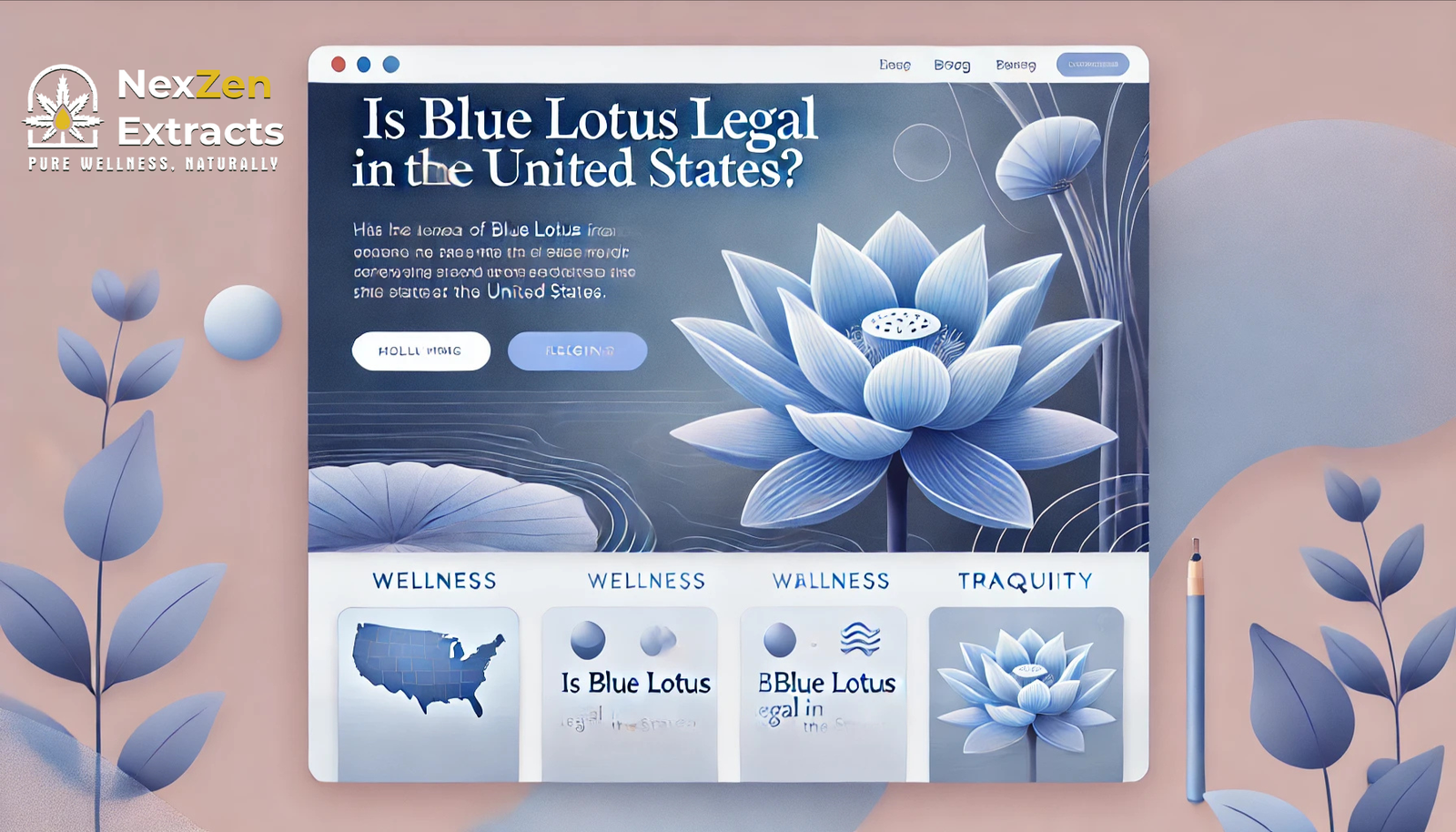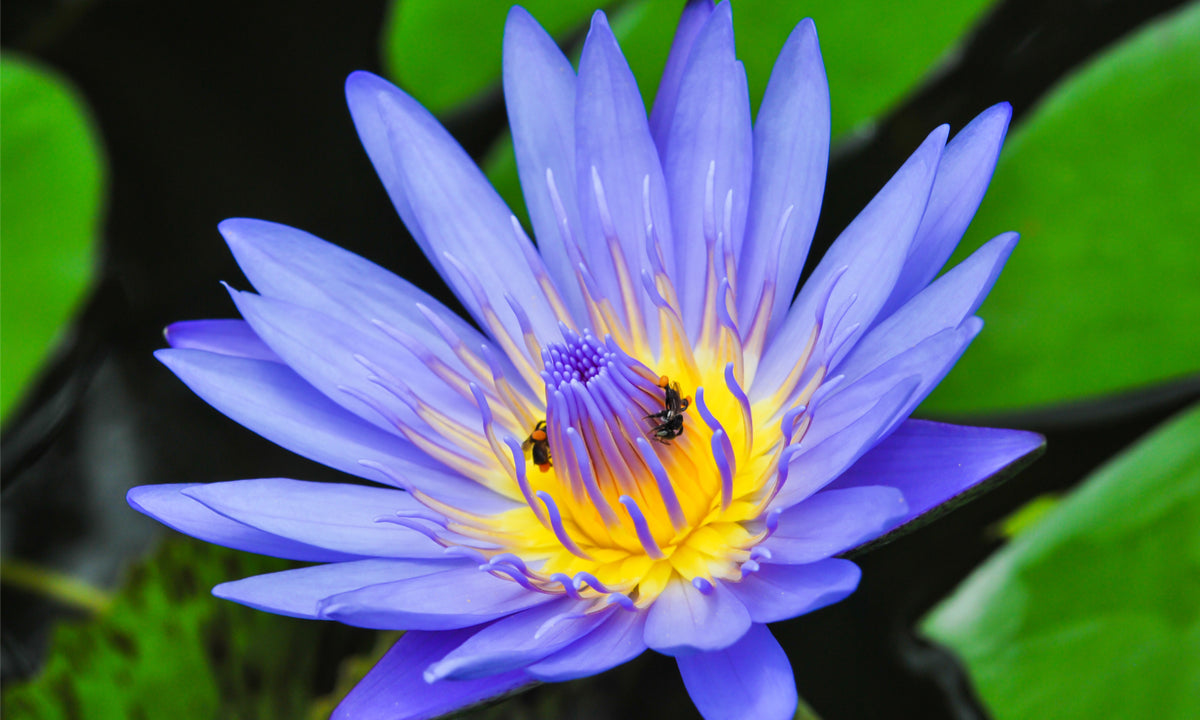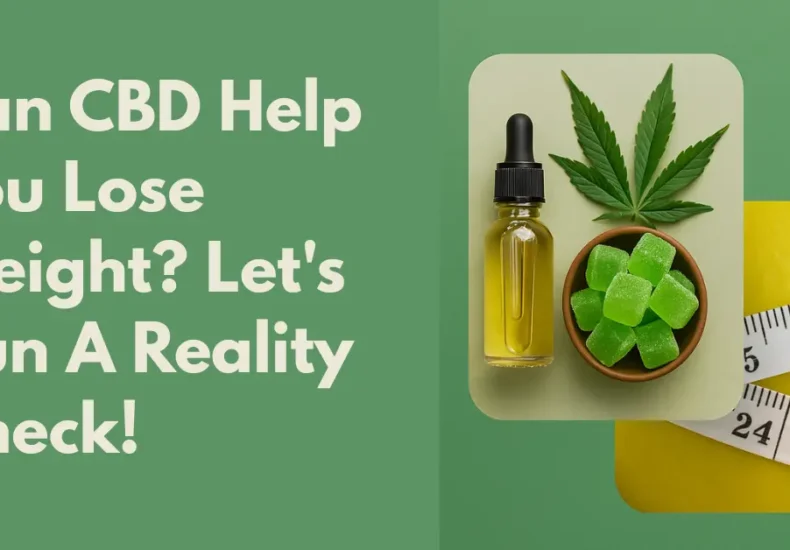
Introduction to Blue Lotus
Blue Lotus, or Nymphaea caerulea, has a long history rooted in ancient Egyptian culture. Known for its calming properties, this water lily has been cherished as a natural relaxant. Today, it’s widely used for its mild sedative and euphoric effects, making it popular among wellness enthusiasts. However, as it gains more attention, questions about its legality arise. In this article, we’ll explore the legal status of Blue Lotus in the United States, its benefits, potential uses, and important considerations if you’re interested in using it.
What is Blue Lotus?
Blue Lotus, often called the Egyptian Lotus, is a water plant found along the Nile River and other parts of East Africa. Its striking blue petals and pleasant fragrance are notable features, but its appeal extends beyond aesthetics. Traditionally, Blue Lotus was used in spiritual ceremonies for its mild psychoactive effects. Ancient Egyptians also believed it had medicinal properties, using it to relieve stress, anxiety, and even aid in sleep.

Active Compounds and Effects
The primary active compounds in Blue Lotus are aporphine and nuciferine. Aporphine produces mild euphoric and sedative effects, while nuciferine has relaxing properties. Together, these compounds contribute to Blue Lotus’s calming effects, which users describe as similar to those of mild herbal sedatives.
Common Uses Today
Today, Blue Lotus is available in various forms, such as teas, tinctures, essential oils, and even smokable blends. Many people use it for relaxation, meditation, or stress relief. It is also becoming popular as a natural sleep aid.
Is Blue Lotus Legal in the United States?
The legal status of Blue Lotus in the United States can be confusing, as it varies across states and jurisdictions. Here, we’ll break down the key points to help you understand where it stands.

Federal Law on Blue Lotus
At the federal level, Blue Lotus is not classified as a controlled substance. This means it is not regulated by the Controlled Substances Act, which governs substances like cannabis and opioids. The U.S. Drug Enforcement Administration (DEA) does not list Blue Lotus as an illegal or controlled plant, which implies it can be legally possessed, bought, and sold in the United States.
However, it’s essential to note that while it isn’t federally controlled, Blue Lotus is not approved by the U.S. Food and Drug Administration (FDA) for human consumption. The FDA does not regulate it as a food or dietary supplement, meaning products containing Blue Lotus cannot be labeled as supplements for ingestion.
State-Level Restrictions
Although Blue Lotus is not federally regulated, some states have their own laws concerning its sale and distribution. For instance:
- Louisiana – Louisiana has placed restrictions on certain plant products, including Blue Lotus. While it is not classified as a controlled substance, it is illegal to sell it for human consumption within the state.
- Florida – Blue Lotus is permitted for use, but there are restrictions on how it can be marketed. It cannot be sold for human consumption.
- Other States – In most states, Blue Lotus remains unregulated, meaning it can be purchased legally. However, always check local laws, as restrictions may change over time.
International Regulations
While this article focuses on the U.S., it’s worth noting that Blue Lotus is restricted in certain countries, including Russia and Poland. For international travelers, it’s essential to research local laws on Blue Lotus to avoid potential legal issues.
Why is Blue Lotus Unregulated?
The lack of regulation around Blue Lotus stems from its mild effects. Unlike controlled substances, Blue Lotus does not produce intense psychoactive effects, which makes it less likely to be abused. Its calming properties are comparable to mild herbal teas or essential oils, leading to fewer concerns over misuse.
Additionally, Blue Lotus has been historically used without reports of severe adverse effects. This reputation for safety likely contributes to its unregulated status. Still, users should always practice caution, especially since research on its long-term effects remains limited.
Potential Health Benefits of Blue Lotus
While the FDA has not approved Blue Lotus for medicinal use, many users report positive effects. Below are some of the potential benefits associated with Blue Lotus.
1. Stress Relief and Relaxation
Blue Lotus is known for its mild sedative properties, which may help reduce stress and promote relaxation. Many people use Blue Lotus products, like teas or tinctures, as a natural alternative to over-the-counter stress relief options.

2. Sleep Aid
For those struggling with insomnia or restlessness, Blue Lotus may serve as a natural sleep aid. Its calming effects can help the body relax, making it easier to fall asleep.

3. Mood Enhancement
The aporphine in Blue Lotus has mild euphoric properties, which can enhance mood. Users report feeling a gentle, uplifting effect, which can help reduce feelings of anxiety or sadness.

4. Pain Relief
Though research is limited, some people use Blue Lotus as a natural remedy for mild pain. Its calming effects may provide relief for headaches, muscle tension, or menstrual cramps.

5. Enhanced Meditation
For those practicing meditation or yoga, Blue Lotus can support mindfulness practices. Its relaxing effects can create a calm mental state, making it easier to achieve a meditative mindset.

Risks and Side Effects
Despite its benefits, it’s essential to understand the potential risks associated with Blue Lotus. While side effects are generally mild, they can include dizziness, nausea, or an upset stomach in some users. People sensitive to sedative-like effects should use Blue Lotus cautiously.
Additionally, Blue Lotus should not be combined with other sedatives, alcohol, or prescription medications without consulting a healthcare provider. Pregnant or breastfeeding women should also avoid Blue Lotus due to limited research on its safety in these groups.
Where to Buy Blue Lotus in the U.S.
Blue Lotus is widely available in the United States, though its quality and potency can vary significantly between brands. Here are some of the most common options:
- Online Retailers – Many reputable herbal websites and supplement stores offer Blue Lotus in various forms, such as dried flowers, extracts, or teas.
- Health Food Stores – Some health food stores carry Blue Lotus products, especially in areas where alternative wellness products are popular.
- Specialty Herb Shops – In larger cities, specialty herb shops may have Blue Lotus in stock, either in its natural form or as a blend with other herbs.
Tips for Choosing Quality Blue Lotus Products
When purchasing Blue Lotus, it’s essential to prioritize quality and transparency. Here are some tips for selecting the best products:
- Check for Purity – Look for products that list Blue Lotus as the primary ingredient, with no unnecessary additives.
- Research the Brand – Choose brands with transparent sourcing and quality testing practices.
- Read Reviews – User reviews can offer insights into a product’s effectiveness and quality.
- Choose the Right Form – Blue Lotus is available as tea, tinctures, capsules, and smokable blends. Select the form that best fits your needs.
How to Use Blue Lotus
Blue Lotus can be consumed in various ways depending on your preference and desired effects. Below are some common methods:
- Tea – Brewing Blue Lotus as a tea is popular for those seeking relaxation. Simply steep the dried flowers in hot water for 10–15 minutes and enjoy.
- Tincture – Tinctures are concentrated extracts that can be added to water or taken directly for quicker effects.
- Smoking or Vaping – Some users prefer to smoke or vape Blue Lotus, though this method may produce stronger effects.
- Capsules – For convenience, capsules offer a pre-measured dose of Blue Lotus without the taste of the herb.
Final Thoughts on the Legal Status of Blue Lotus in the U.S.
In conclusion, the legal status of Blue Lotus in the United States remains relatively open, especially at the federal level. Although restrictions exist in specific states, most Americans can legally purchase and use Blue Lotus products. Its mild effects and historical reputation for safety contribute to its unregulated status. However, consumers should remain informed of local regulations and exercise caution when using it.
At NexZen Extracts, we are committed to providing high-quality, natural products that promote wellness and relaxation. If you’re considering adding Blue Lotus to your routine, consult a healthcare provider, especially if you have existing health concerns. Used responsibly, Blue Lotus from trusted sources like NexZen Extracts can be a valuable addition to your wellness journey.








